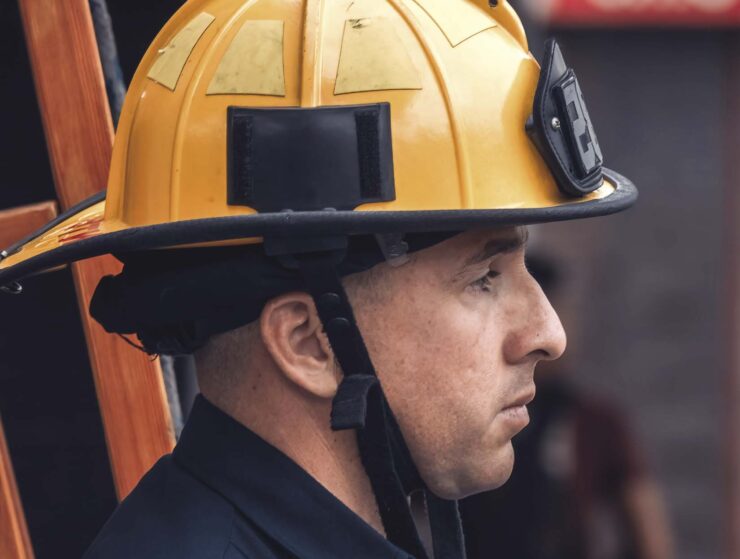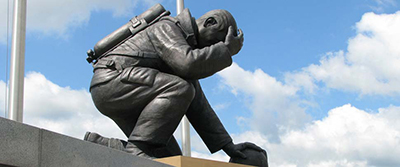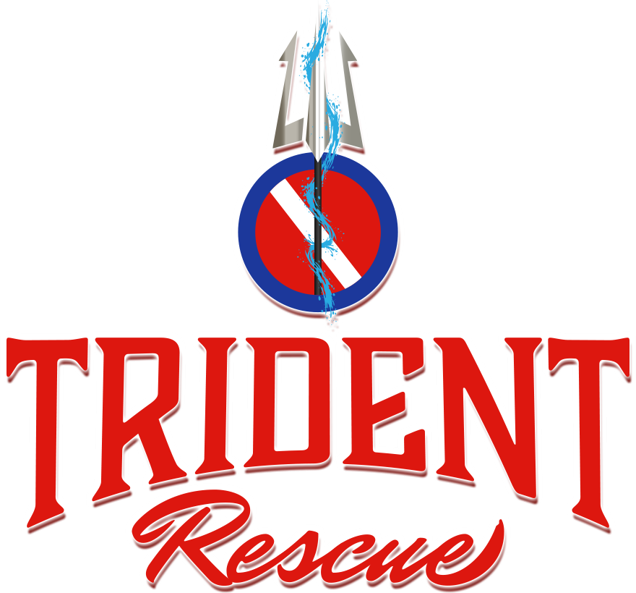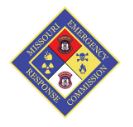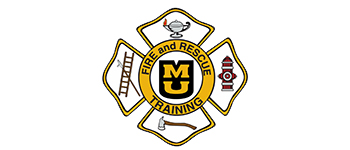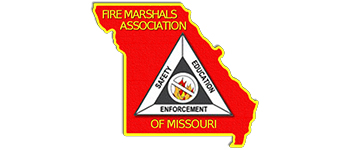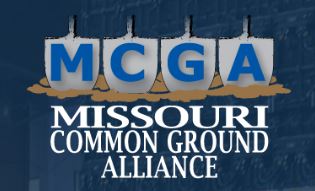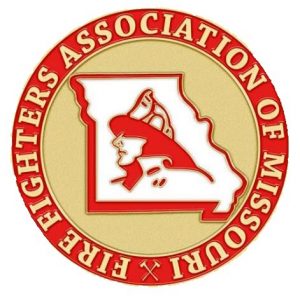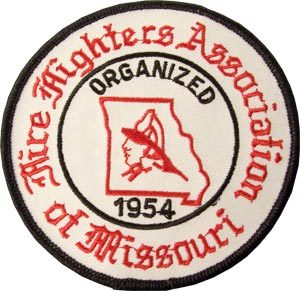Summer Can Be Challenging
Springtime is coming to a close and June 21st is the first day of hot summer days. Hot summers can pose so many issues for emergency service personnel and first responders.
Why the Summer Can Be Challenging for First Responders
Where would we be without our first responders and emergency service personnel? It not only safeguards public health and safety but also aids in the preservation of essential national infrastructure and services.
Whether the disaster is man-made or natural, first responders can be exposed to dangers. The form of the dangers varies depending on whether firefighters, law enforcement, or medical personnel are involved, but the human consequences are still the same.
Hazardous encounters happen far too often, and first responders often find themselves suffering physically, mentally, and emotionally. First responders are often running toward the dangerous situations that others are trying to flee, and this can expose them to a lot of things most of us would find horrendous.
Summertime Hazards
In the summertime, many of the hazards that first responders face are further exacerbated by the possibility of extreme heat and other issues unique to summer.
Heat Emergencies
Heat in and of itself can create hazards for first responders, as oftentimes, they are already wearing heavy equipment and PPE. Heat stress can result in occupational illnesses and injuries such as heat stroke, heat exhaustion, heat cramps, or heat rashes.
Heat can also make first responders more vulnerable to injuries by causing sweaty hands, fogged-up safety glasses, and dizziness. Accidental contact with hot surfaces or steam can also result in burns.
Allergic Reactions
Insects are out in full force during the summer and with that come insect bites or stings. Because of allergic reactions, a wide variety of symptoms can be experienced, such as:
Hives, itching, and swelling
Abdominal cramping, vomiting, intense nausea, diarrhea
Tightness in the chest and difficulty breathing
Swelling of tongue or throat or difficulty swallowing
Anaphylaxis
Because of the variety of symptoms, it can be hard to know exactly how to treat an insect allergy. Add this to summer heat, and it can turn into a disaster if not properly handled.
Fireworks
With Independence Day celebrations right around the corner, fireworks are a huge summer hazard that first responders may face. Fireworks are known for wreaking havoc with burns, wildfires, and house fires that the first responders ultimately have to handle.
Increasing Risk Factors
Working as a first responder necessitates working on the front lines of disasters. The speed of work, as well as a lack of tools to help integrate work experiences, are two of the most significant elements that increase the risk of behavioral health difficulties.
This inability to process traumatic events correctly is compounded by:
Long shifts and back-to-back calls dealing with many of the hazards of summer
Cost of treatment and stigma around asking for help
Lack of professionalism and training in volunteer responders
These issues, alongside the multitude of summertime hazards, can come together and create a nightmare for first responders. However, with the right support, tools, and training, summer doesn’t have to be all bad.
Summertime Solutions
There are several ways that we can help ease the burden of summer on first responders and emergency service workers. Here are a few ways that we can support employees and volunteers alike.
After Action Care
Mental health is a sensitive topic. While the stigma of getting treatment has faded in general society over the last few decades, first responders’ culture can naturally shun people who admit the job is difficult. Implementing mental health measures following an emergency disaster response can be difficult, but having the structure in place can help responders work longer.
It will take the longest to put in place but strive toward having a framework in place to monitor responders for burnout or other behavioral changes that might occur as a result of intense stress and trauma. The best-case situation is for responders to have access to therapy when they need it. Taking proper breaks during and after a reaction, on the other hand, will improve mental resilience.
Heat Illness Prevention
First responders must take care of themselves during hot weather to avoid heat-related illnesses such as heat stroke, Rhabdomyolysis, and others. OSHA (Occupational Safety and Health Administration) has a Heat Illness Prevention Campaign with resources for first responders. Remind workers and volunteers that water, rest, and shade are keys to managing issues related to heat, and to promote breaks when possible.
Other Training
Being properly prepared for every event minimizes stress for anyone, especially those who find themselves in emergencies where time is of the essence. Individual and institutional levels of preparedness for events are both possible.
Individual preparation can be improved by offering comprehensive training. Personnel can be proud of their technical abilities, and training allows first responders to deal with emergencies safely and promptly. A good conclusion is more likely with a safe, fast reaction, and everyone feels better about a job well done.
Ease the Burden
Missouri first responders are always on the front lines, ensuring the public’s safety and well-being. Nobody is an island, and protecting their safety should be a collaborative endeavor involving individual responsibility, co-workers, and supporting organizations. So be the smart one take care of yourself off duty and on duty and do your best remember you’re the most important person and don’t be shy or proud to ask for help anytime because as a TEAM Together Everyone Achieves More and I bet someone else has been in your shoes.


